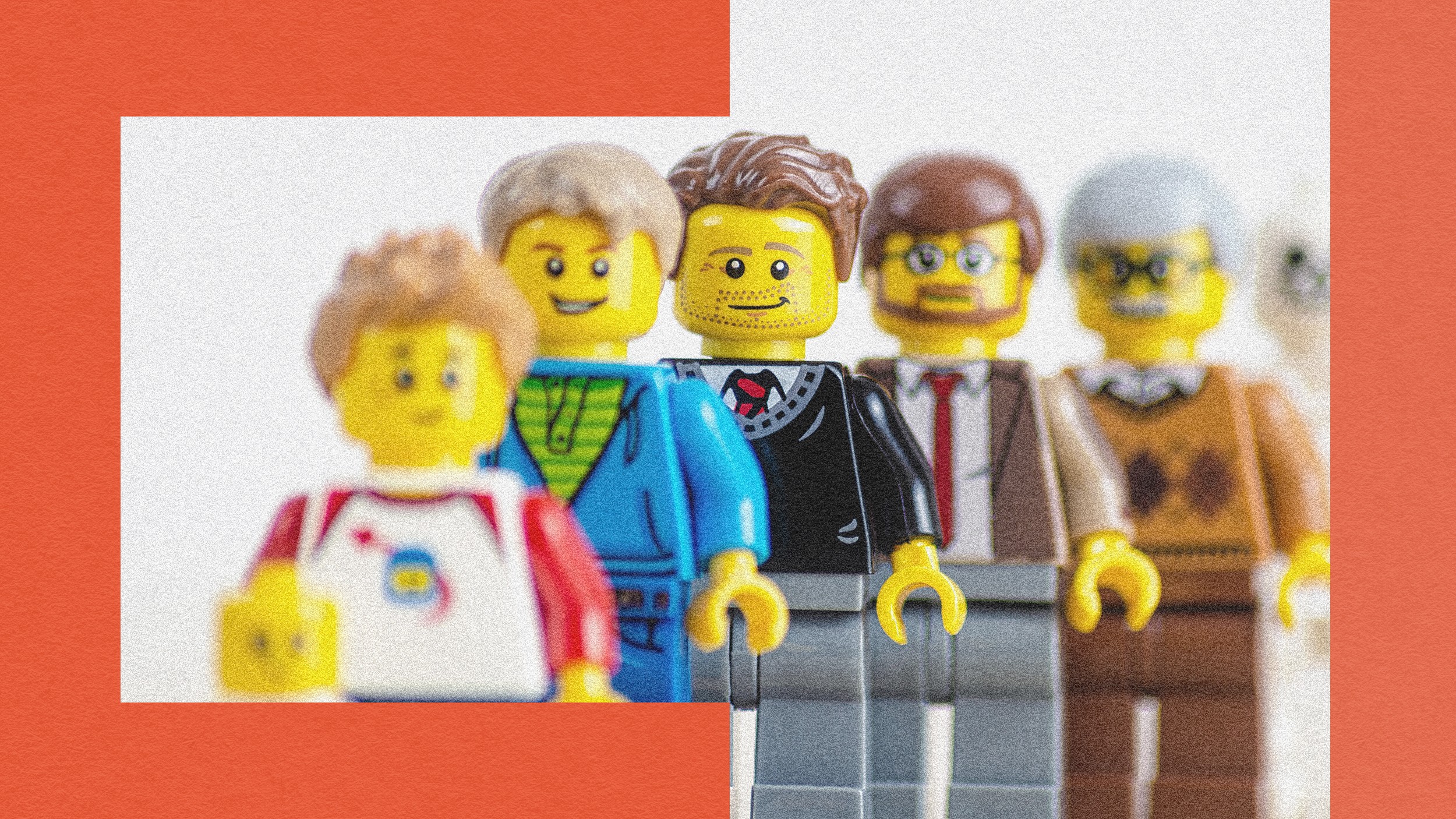Stephen Jay Greenblatt is Cogan University Professor of the Humanities at Harvard University. He is the author of thirteen books, including The Rise and Fall of Adam and Eve; The[…]
Sign up for the Smarter Faster newsletter
A weekly newsletter featuring the biggest ideas from the smartest people
Shakespeare scholar Stephen Greenblatt tells Big Think that Shakespeare inhabited a world in which “it’s much more possible to express homosexual passion and inact that passion without triggering a social crisis.”
Stephen Greenblatt: As far as we can tell, in Shakespeare’s time, there was a, not a fixed category of erotic object choice that someone was either homosexual or heterosexual, let alone bi-sexual, which was a term they didn’t have either. In the absence of such a term of a distinct sociological category, it’s been argued at least has a distinct cultural effect.
Among other things, it produces a weird phenomenon legally. Shakespeare’s time had exceedingly unpleasant laws against sodomy. And those laws, which were on the books, are taken to be signs of a kind of toxic, viral homophobia. Scholars have done a lot of work on the actual legal record, and it turns out that almost no one was prosecuted under those laws. The cases that come up are ones in which a handful, a tiny handful of cases in which people were crying out in pain, for example, being evidently assaulted in bed and they said, “Please don’t assault…” or whatever. But they didn’t actually pursue the laws.
Now the question is, why didn’t they pursue the law? Sometimes having ferocious laws, insanely punitive laws, makes it difficult for communities to actually prosecute under those laws because human lives are what they are. And because actually if you start down that road, you would wind up killing a lot of people in your society. Shakespeare’s world and this is an aspect of Shakespeare’s world I don’t completely understand, had what seems like a perpetual bed shortage or rather like something like the other way around. People liked sleeping with each other in the same bed.
Back in 1980, which was a very long time ago, I went for the one and only time in my life to China. And I remember staying in a place called the Friendship Hotel, there only being one, which was a kind of hostel, a student hostel. At that time when people were having showers, the students were having showers, they went around and said, “Does anyone else want a shower?” And I was struck by it at the time because, the point is it’s not that there was a water shortage in Beijing as far as I know, but that people felt there was something slightly odd about having a shower by yourself. Really, something anti-social or weird. People wanted to have showers together.
And something like that seems to have been the case in the 16th century. People slept in the same bed, the same-sex couples slept in the same bed for much of their adolescent lives. We don’t know what happened in those beds. But we think that, as far as I can tell, at least, that the police weren’t called. The question is, when are the police called? Under what circumstances is the culture worrying about whether someone is “X” or “Y”? And Shakespeare’s culture, as I say, had laws on the books that indicated that it was worried in the technical sense, but the laws were not, as far as we can tell, enforced and certainly not enforced in that place.
Is it a better world from the point of view of homophobia? Well, in some sense, not at all, it’s much worse. But in some sense quite distinctly better. In any case, Shakespeare seems to have inhabited a world in which it’s much more possible to express homosexual passions--we would now call it--and probably to enact that passion without triggering a kind of social crisis.
Directed/Produced by
Jonathan Fowler & Elizabeth Rodd
▸
3 min
—
with





